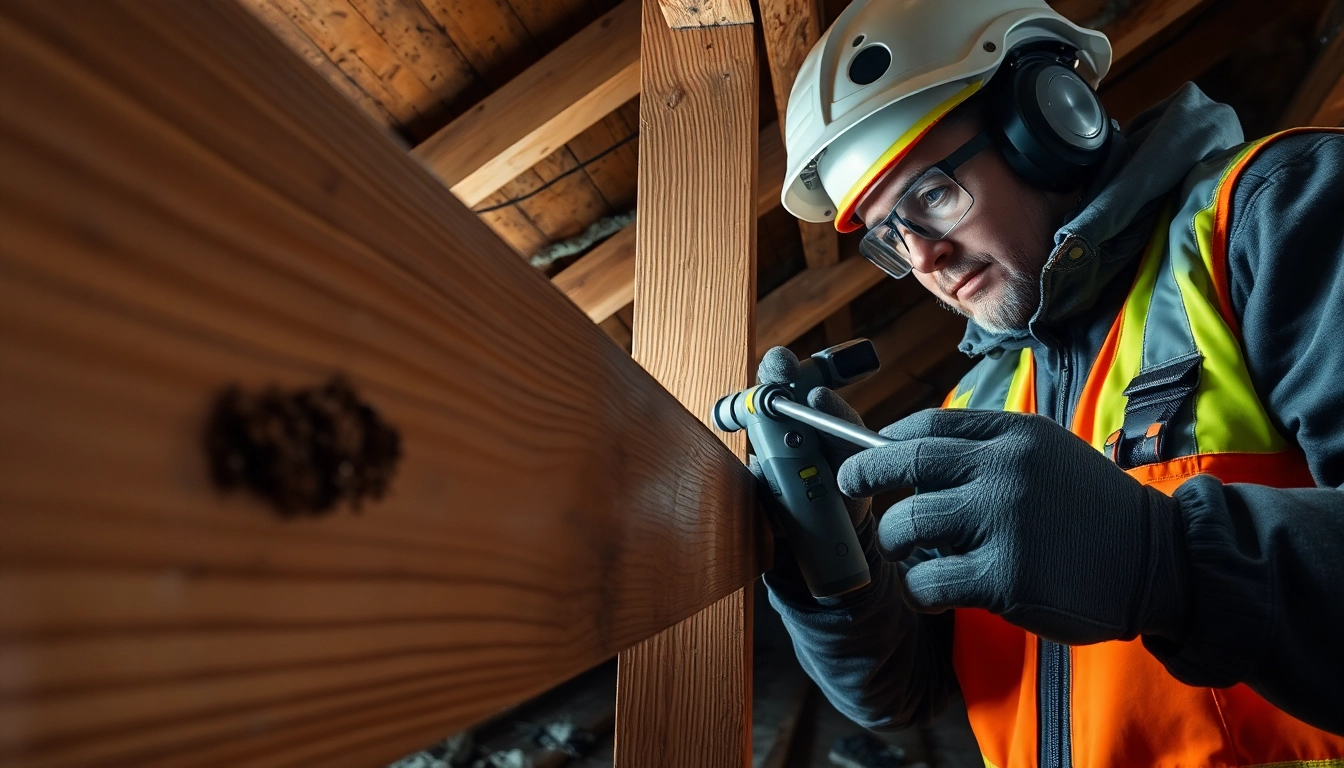Overview of Sialkot’s Clothing Manufacturing Industry
Sialkot has emerged as a global hub for apparel and garment manufacturing, renowned for its high-quality production standards, skilled labor force, and extensive industrial infrastructure. The city’s manufacturing legacy dates back to decades of craftsmanship in textiles and sportswear, which has been historically fueled by a strong entrepreneurial spirit and access to superior raw materials. Today, Sialkot is home to hundreds of clothing factories that cater to international markets, producing everything from sportswear and streetwear to casual and luxury garments. This dynamic industry significantly contributes to Pakistan’s economy, providing employment to thousands and generating substantial export revenue. Visiting the region reveals a vibrant ecosystem where innovation meets tradition, making Sialkot one of the most influential textile manufacturing centers in South Asia.
If you’re seeking to collaborate with a trusted manufacturer, consider exploring clothing factory in Sialkot, known for reliability, quality, and efficiency. This industry’s evolution mirrors global demands for sustainable, fast-fashion, and custom apparel solutions, further establishing Sialkot’s position at the forefront of textile manufacturing worldwide.
How to Choose a Reliable Clothing Factory in Sialkot
Factors to Consider: Quality, Certifications, and Capacity
Choosing the right manufacturing partner involves careful evaluation of several critical factors. First, quality assurance is paramount. Leading factories employ strict quality control protocols, utilize modern machinery, and adhere to internationally recognized standards such as ISO certifications. Certifications like WRAP (Worldwide Responsible Accredited Production) or SA8000 demonstrate a factory’s commitment to ethical practices and quality management.
Capacity is equally vital—your chosen factory should have the capability to handle your required order volumes, whether small batch productions or large-scale exports. Clear communication about lead times, production schedules, and scalability ensures your project remains on track. To mitigate risks, verify a factory’s infrastructure, workforce expertise, and previous client references.
Assessing Factory Compliance and Production Standards
Ensuring compliance with local and international labor laws, environmental standards, and safety protocols is essential. Reputable factories often provide transparency about their compliance certificates, working conditions, and supply chain practices. Conducting factory audits either in person or via third-party verification agencies can unveil critical insights about adherence to ethical standards.
Review questions to ask include: Are workers paid fair wages? Is there a proper health & safety protocol? What environmental measures are in place? These factors directly influence your brand reputation and product integrity.
Benefits of Partnering with Experienced Manufacturers
Collaborating with experienced manufacturers translates to smoother processes, better quality control, and innovative product development. Established factories possess an understanding of international market trends, customization techniques, and prompt problem-solving skills. Furthermore, long-term partnerships foster mutual growth, bulk discounts, and shared technology upgrades, providing a competitive edge in a saturated market.
Product Range and Customization Capabilities
Types of Garments Available: Sportswear, Streetwear, Casual Wear
Sialkot’s factories excel in a wide array of garment categories. Sportswear constitutes a significant sector, including tracksuits, jerseys, and gym apparel, often featuring technical fabrics for enhanced performance. Streetwear—popular among youth demographics—includes hoodies, t-shirts, and joggers, with emphasis on trendy designs and branding. Casual wear covers everyday garments like shirts, trousers, and dresses, crafted with comfort and style in mind. Many manufacturers are equipped to handle mixed-size production runs, catering to diverse client needs.
Customization Options: Private Labels, Branding, Designs
Customization is a cornerstone of modern apparel manufacturing. Factories in Sialkot offer private labeling services to help brands establish their unique identity. This encompasses custom tags, packaging, and branding elements integrated seamlessly into production. Design support, including pattern making and sampling, ensures your vision turns into tangible products. Advanced embroidery, printing, and embellishment techniques further enhance product appeal, facilitating differentiation in competitive markets.
Sample Development and Quality Assurance Processes
Before mass production, prototypes or samples are developed to test design, fit, and fabric quality. Reputable factories maintain rigorous sample approval procedures, ensuring client satisfaction before full-scale manufacturing. Continuous quality assurance involves regular inspections, testing for color fastness, durability, and fabric integrity, and implementing feedback loops to refine the final product. Emphasizing quality upfront minimizes costly reworks and delays later in the supply chain.
Manufacturing Processes in Sialkot Factories
Cutting, Sewing, and Finishing Techniques
Manufacturing begins with precise fabric cutting, often utilizing automated CNC cutting machines to ensure minimal waste and high accuracy. Sewing involves skilled operators who utilize both traditional and modern stitching techniques, balancing speed with quality. Finishing processes include garment pressing, trimming, and detailed quality checks to attain a polished, market-ready product. These steps are crucial for achieving consistency and meeting brand standards.
Use of Modern Machinery and Technology
Sialkot factories invest heavily in modern technology, such as automated cutting tables, computer-aided design (CAD) systems, and digital printing tools. These innovations enable faster turnaround times, intricate design execution, and reduced material wastage. Incorporating sustainable practices, many factories now use energy-efficient machinery and environmentally friendly dyes, aligning with global sustainability standards.
Quality Control and Timely Delivery Metrics
Robust quality control measures are embedded at each production stage, from raw material inspection to final packaging. Employing QC teams equipped with advanced testing tools ensures garments meet specifications. Effective project management and supply chain logistics further guarantee punctual delivery, critical for seasonal launches and large retail orders. Transparency in tracking production milestones enhances client confidence and satisfaction.
Partnering with a Clothing Factory in Sialkot: Next Steps
How to Initiate Collaboration and Communication
Effective communication begins with clear project briefs, detailed specifications, and understanding factory capacities. Initiate contact through email, video conferencing, or direct visits if possible. Building trust is essential; maintaining regular updates and prompt responses fosters a healthy working relationship. Discuss contractual terms, payment modalities, and confidentiality agreements upfront.
Sample Order Procedures and Negotiations
Before large-scale production, place a test order or sample to evaluate the factory’s craftsmanship, lead times, and responsiveness. Negotiate price points, minimum order quantities (MOQs), and production timelines. Providing detailed technical packs and fabric specifications streamlines the process and reduces errors.
Building Long-term, Scalable Manufacturing Relationships
Successful partnerships are nurtured through consistent quality, fair pricing, and mutual respect. Consider yearly or multi-season agreements to secure better terms and priority scheduling. Incorporate feedback mechanisms and performance reviews to continuously improve collaboration. Such strategic alliances can evolve into joint ventures, licensing opportunities, or co-branded product lines, amplifying brand reach and stability.








